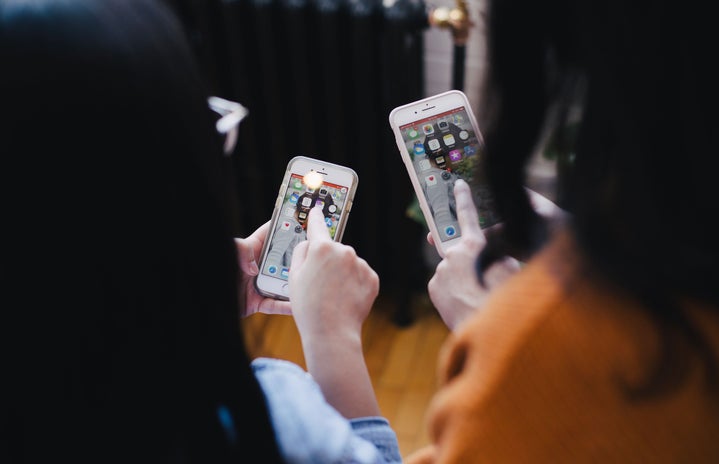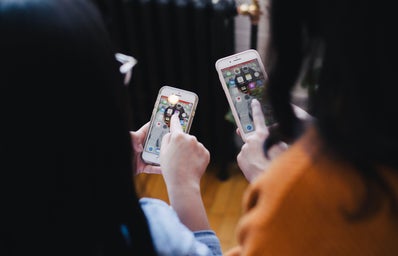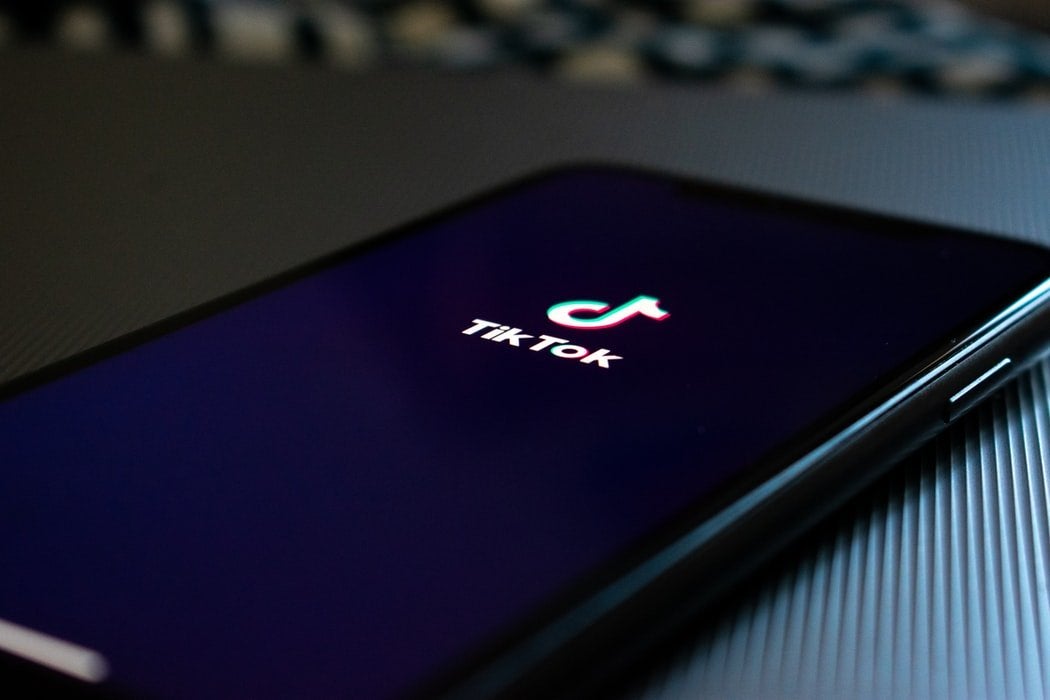As of lately, I’ve been spending a good portion of my time analyzing how I’m perceived, largely due to social media trends. Somewhat guiltily, I get a pang of excitement every time one of those TikToks shows up on my For You page asking questions like “Which fruit are you?” or “Which city in Europe are you?” or “Which planet are you?” I look through, decide which meticulously crafted aesthetic matches my personal style the most, then send it to my best friends for confirmation, adding a message like “I think I’m blackberry and you’re cherry.”
The phenomenon that starts to occur because of these posts is people start to fall into certain archetypes. For example, I am a blackberry, London, and the moon. This usually entails an aesthetic with images of a full moon in the night sky, steaming cups of tea sitting atop pages of handwritten letters, a faceless girl with windswept dark hair, and a black cat curled up next to a rainy windowsill. Now, photos like that are what I’ll search for- whether the post is asking “which drink are you?” or “what time of day are you?,” that is “who I am.”
At the risk of spouting cliches, I am willing to table the discussion of “it’s what’s on the inside that counts” for a moment and entertain this trend. After all, I did say seeing them on my For You page brings me excitement above all else. It’s fun, not to mention human nature, to want to identify with things – to want to see yourself in things. I mean, isn’t that what we all want at the end of the day? To be truly seen? If a cute little trend like this can give that to us, what’s the harm?
The truth is that by perpetuating this trend and limiting ourselves to an archetype, people (myself included) will be a lot more conscious of their self-image. On more than one occasion, I have sent posts like this to my friends without mentioning which one I think is closest to my “vibe,” and to my disappointment, my friends did not choose the one I expected. While this is obviously not a devastating occurrence, it did raise the question of, “Huh. Is that really how other people see me?” I will be the first to admit that my online presence, particularly on Instagram, is carefully curated to give others the impression I want them to have of me, my style, my life, and my relationships with others. My ego is boosted when I get the sense that people understand exactly what my best self looks like and wounded when they get a different notion of my outward aesthetic. In varying degrees, we all care about how we are perceived. The tricky thing is that this prevailing obsession with self-perception perpetuated by social media makes it so that this degree falls out of balance. It places a much heavier emphasis upon the way things look, rather than the way they actually are.
If posts like this make you feel seen, by all means, continue scouring them to find the images that best match who you think you are. If this trend brings you enjoyment in any way, this is not my campaign against them, nor am I urging you to set them aside and stop spending time wondering whether you’re a cool winter or a warm spring. Again, it’s normal to care about how others perceive you, as long as it’s not to an unhealthy degree – in other words, as long as every post you make on social media or every comment is not a persona, but a real being. If social media is an established highlight reel, reserved for showing off our best moments, the least we can all do is be honest about them.
In embracing these trends, we toe the fine line between fun self-discovery and the potential pitfalls of perceiving ourselves too intently. Revel in the joy of identifying with certain archetypes, but try to remember, as I will, that our sense of self is dynamic and ever-evolving. By using these trends to encourage authenticity, we can strike a balance between enjoying the trends and maintaining a genuine connection with our true selves.



